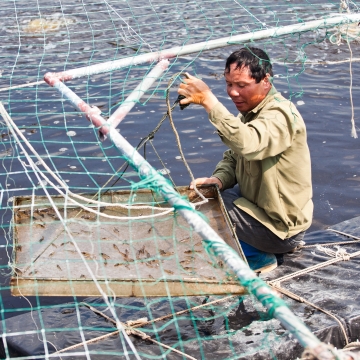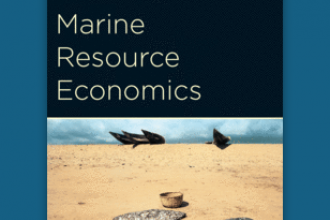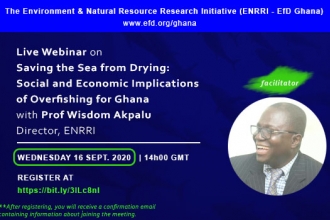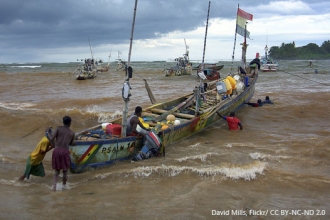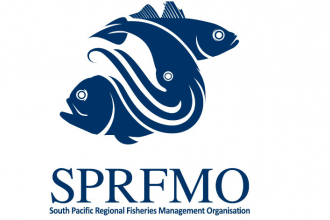
EfD Chile researchers Carlos Chávez and Jorge Dresdner designated as experts in the field of fisheries at the South Pacific Regional Fisheries Management Organisation
The South Pacific Regional Fisheries Management Organisation (SPRFMO) just updated its Expert List in August 2020 related to the Convention on the Conservation and Management of High Seas Fishery…
